Question: express the following expression in sigma notation (a) 1/3 The number in parentheses at the end of an exercise refers to the learning objective listed
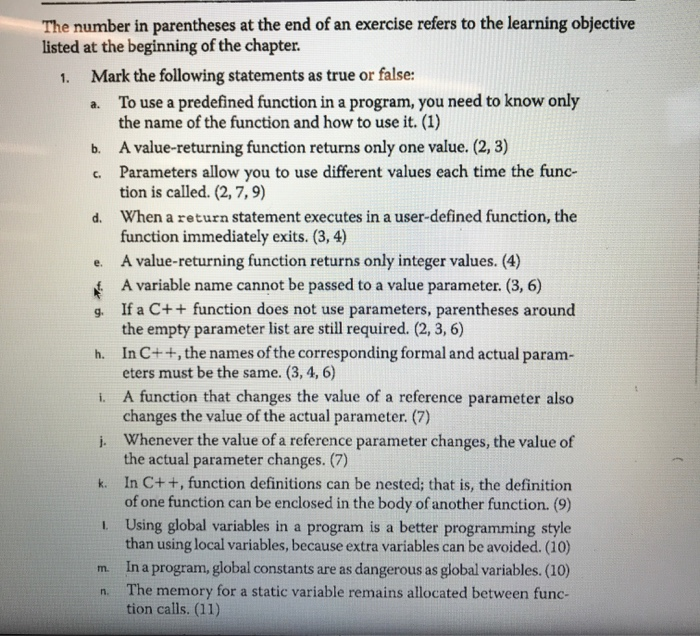
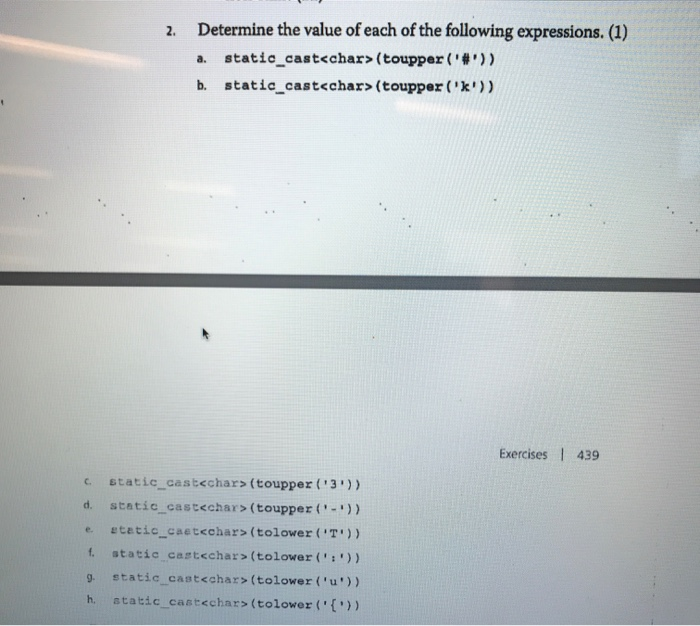


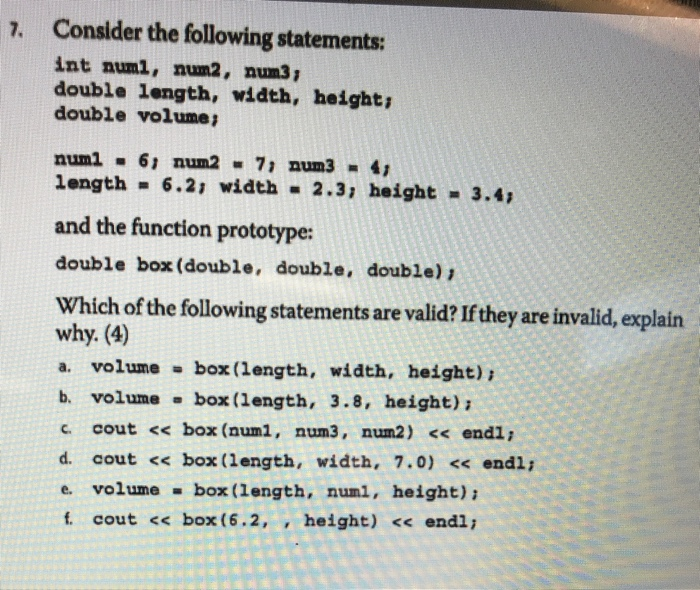
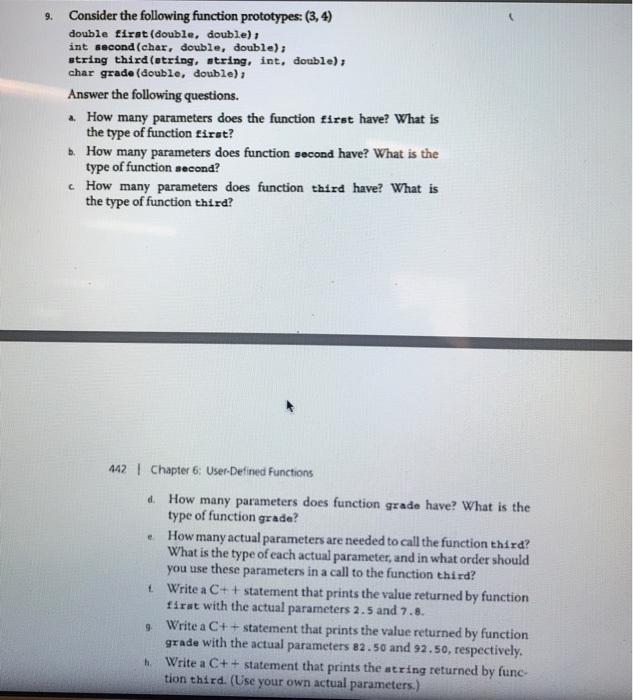
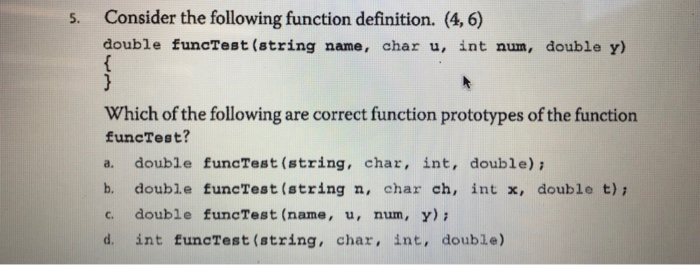
The number in parentheses at the end of an exercise refers to the learning objective listed at the beginning of the chapter. . Mark the following statements as true or false: To use a predefined function in a program, you need to know only the name of the function and how to use it. (1) a. b. A value-returning function returns only one value. (2, 3) Parameters allow you to use different values each time the func- tion is called. (2, 7,9) When a return statement executes in a user-defined function, the function immediately exits. (3, 4) A value-returning function A variable name cannot be passed to a value parameter. (3, 6) c. d. returns only integer values.(4) e. g If a C++function does not use parameters, parentheses around h. In C++, the names of the corresponding formal and actual param i. A function that changes the value of a reference parameter also i. Whenever the value of a reference parameter changes, the value of k. In C++, function definitions can be nested; that is, the definition L Using global variables in a program is a better programming style m In a program, global constants are as dangerous as global variables. (10) the empty parameter list are still required. (2, 3, 6) eters must be the same. (3, 4, 6) changes the value of the actual parameter. (7) the actual parameter changes. (7) of one function can be enclosed in the body of another function. (9) than using local variables, because extra variables can be avoided. (10) The memory for a static variable remains allocated between func- tion calls. (11) n. The number in parentheses at the end of an exercise refers to the learning objective listed at the beginning of the chapter. . Mark the following statements as true or false: To use a predefined function in a program, you need to know only the name of the function and how to use it. (1) a. b. A value-returning function returns only one value. (2, 3) Parameters allow you to use different values each time the func- tion is called. (2, 7,9) When a return statement executes in a user-defined function, the function immediately exits. (3, 4) A value-returning function A variable name cannot be passed to a value parameter. (3, 6) c. d. returns only integer values.(4) e. g If a C++function does not use parameters, parentheses around h. In C++, the names of the corresponding formal and actual param i. A function that changes the value of a reference parameter also i. Whenever the value of a reference parameter changes, the value of k. In C++, function definitions can be nested; that is, the definition L Using global variables in a program is a better programming style m In a program, global constants are as dangerous as global variables. (10) the empty parameter list are still required. (2, 3, 6) eters must be the same. (3, 4, 6) changes the value of the actual parameter. (7) the actual parameter changes. (7) of one function can be enclosed in the body of another function. (9) than using local variables, because extra variables can be avoided. (10) The memory for a static variable remains allocated between func- tion calls. (11) n
Step by Step Solution
There are 3 Steps involved in it

Get step-by-step solutions from verified subject matter experts


